The modern DSLR camera is a well-designed and finely tuned machine that produces fantastic images in the right hands. If you’re a beginner all you have to do is raise the camera to your eye and press the shutter release. But if you’ve ever wondered how your DSLR actually works and what happens in the moment between when you press the shutter release and when you hear the camera click, this video from Fstoppers is for you:
DSLR?
DSLR stands for Digital Single Lens Reflex (camera). But why is it called a DSLR? It’s digital because the imaging medium is a sensor and the rest of the components are all driven by electronics. It’s a single lens camera because you can mount only a single lens.
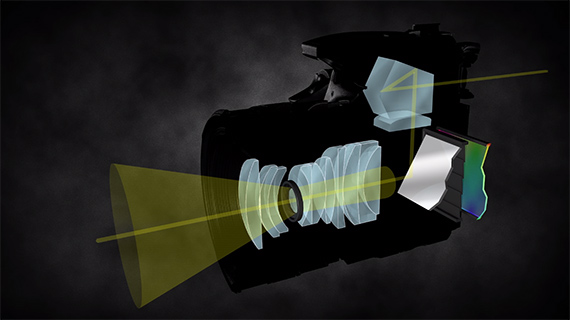
It’s referred to as reflex, because there’s a reflex mirror inside the camera that bounces light onto the optical viewfinder (via a pentamirror or pentaprism positioned at the top of the camera just in front of the viewfinder) at the back of the camera.
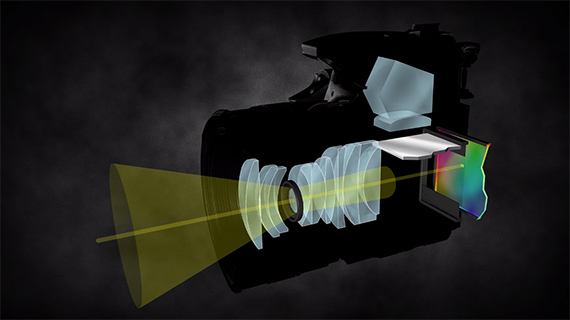
Every time you take a picture, the reflex mirror moves away from the path of the light, and that’s how the sensor is able to record anything. When it’s not recording anything, the mirror is at its normal position and reflects the light up toward the pentaprism/pentamirror.
How Light Enters the Camera
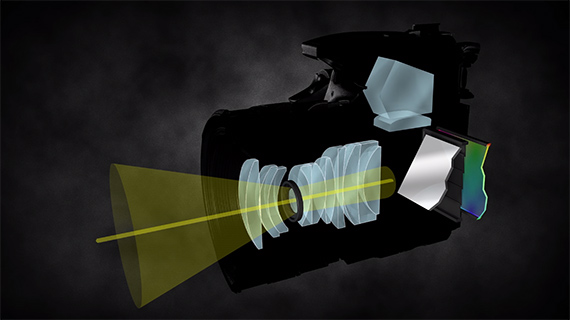
Light enters the camera from the front of the lens.
There are small moving glass elements inside the lens which can focus the light on to the image medium. In this case, the digital sensor.
Zoom Ring
Zoom lenses have a zoom ring which can alter the focal length of the lens and therefore change the magnification of the image.
Focus Ring
All lenses have a focal ring that determines which area of the image will be in focus.
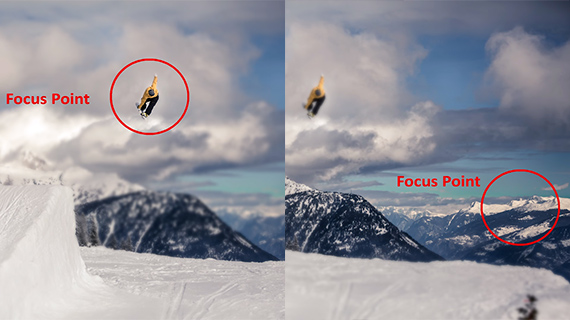
Aperture
In the middle of these glass elements lies the aperture (opening). The aperture is composed of several blades. They can open up wide to allow a lot of light in. They can also be stopped down to limit the amount of light.
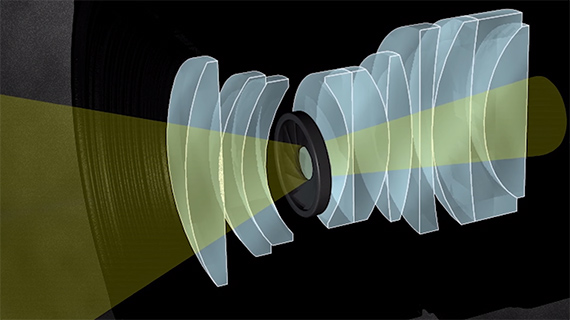
When the aperture is wide open, light is able to enter the camera from all different directions.
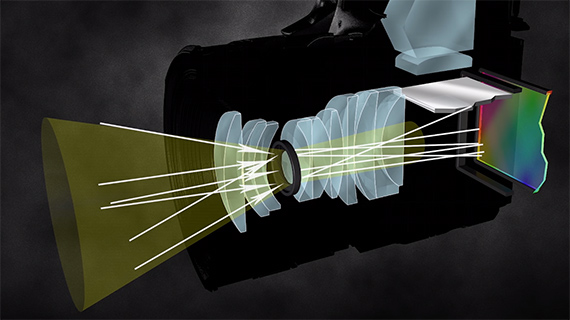
This produces a shallow depth of field (a small area of the image is in sharp focus).
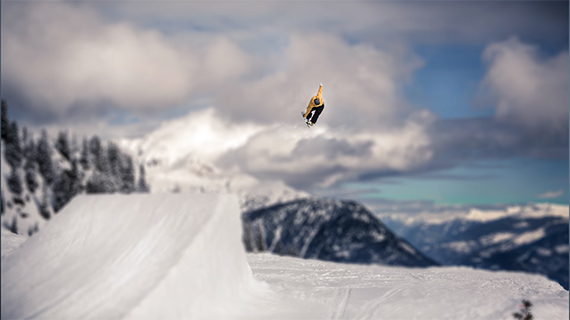
Shallow Depth of Field
The subject of your photo is in sharp focus, whereas the background goes completely blurry.
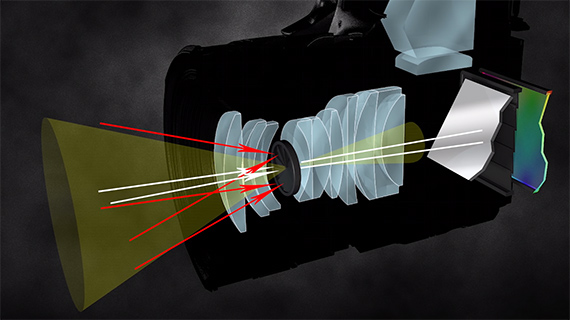
Conversely, when you stop down the lens, the aperture becomes very small. Now light is able to enter only from straight in. The result is a much larger depth of field.
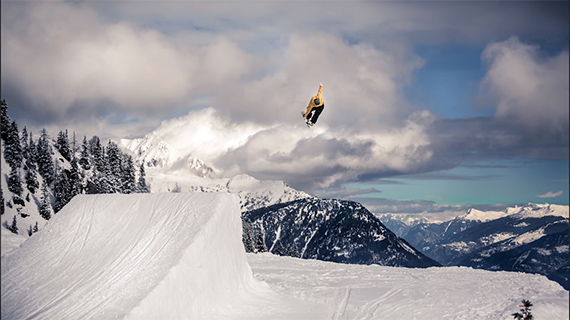
Large Depth of Field
Shutter Mechanism
The final element is the camera’s shutter. There are actually two shutter curtains: the first and the last (or rear) curtain. When you press the shutter release, the first curtain slides out of position, exposing the sensor to the oncoming light. When the exposure is complete, the rear curtain then slides back down to cover the sensor.
Did you learn something new?
Go to full article: How a Digital Single Lens Reflex (DSLR) Camera Works
What are your thoughts on this article? Join the discussion on Facebook
PictureCorrect subscribers can also learn more today with our #1 bestseller: The Photography Tutorial eBook
The post How a Digital Single Lens Reflex (DSLR) Camera Works appeared first on PictureCorrect.